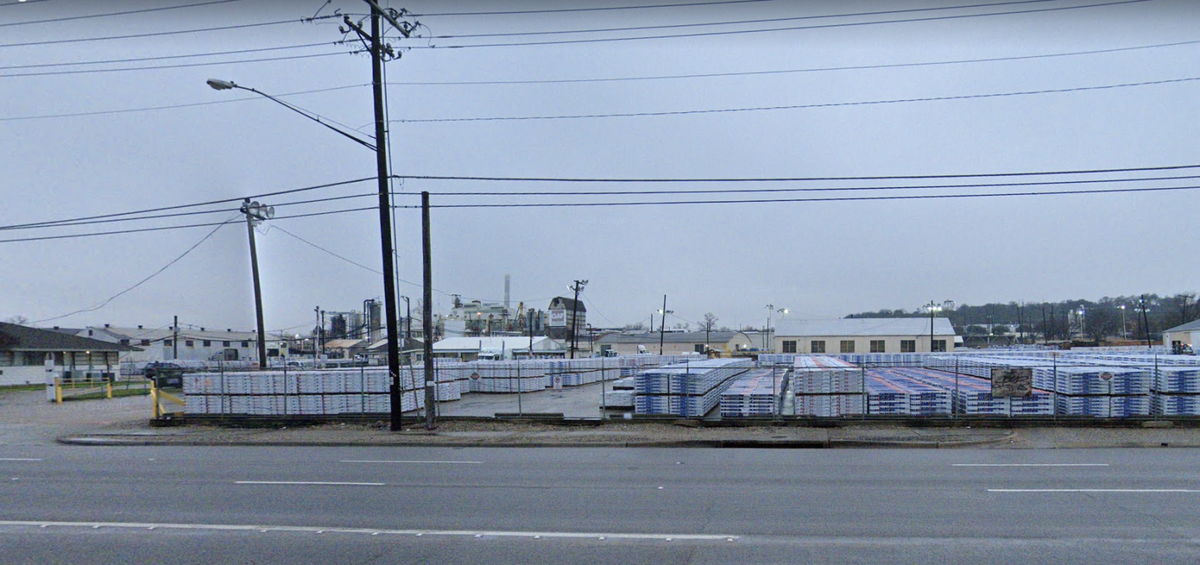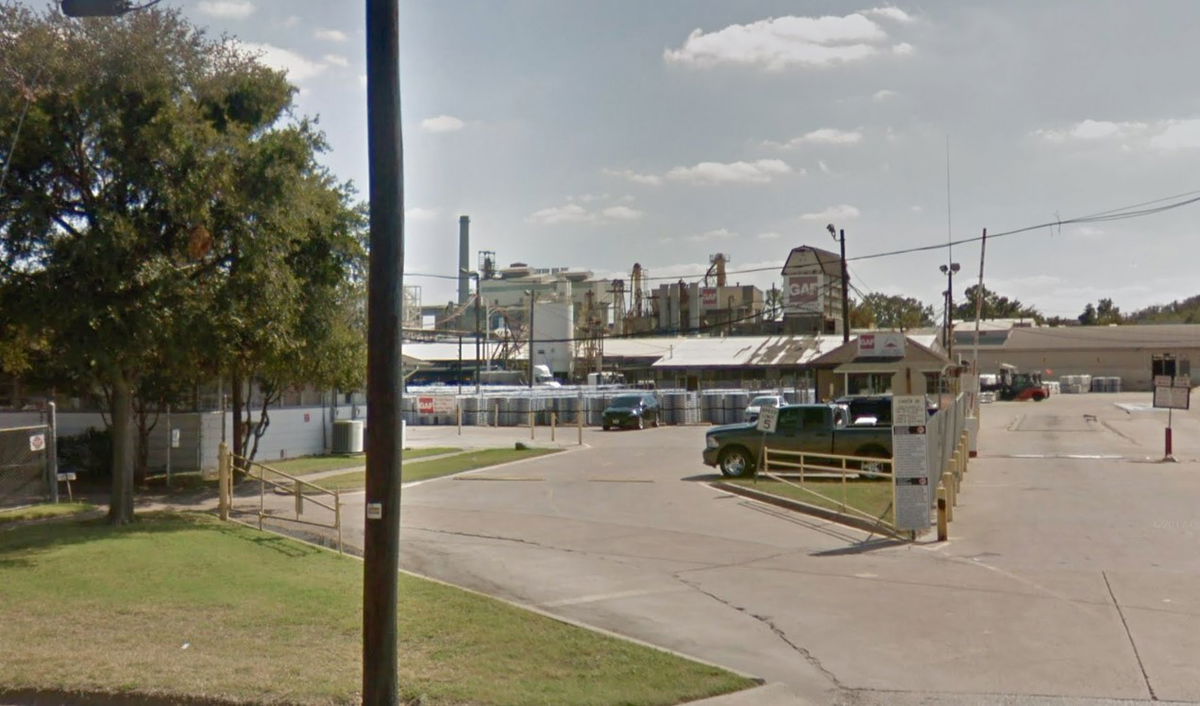
GAF is North America’s leading roofing manufacturer — and it’s also one of Dallas County’s leading sources of sulfur dioxide pollution, in addition to particulate matter and other emissions that have affected West Dallas’ health for decades.
Managed under the EPA’s Clean Air Act, GAF’s federal permit comes up for renewal every five years. This year, West Dallas neighbors are seizing the public comment opportunity, open now through Friday, Feb. 19, to push back against GAF’s presence in their neighborhood.
In April 2020, environmental advocacy organization Downwinders At Risk and Paul Quinn College released a study called “Poisoned by Zip Code,” which found that West Dallas zip code 75212 has the worst air pollution in the city. Part of this is the result of industrial zoning adjacent to residential communities in West Dallas.

The disparity in air quality across the city can mean a 15-year difference in life expectancy between zip codes, the study found. This reflects a nationwide reality: Black and Latinx people are far more likely than white people to live near toxic waste facilities, landfills and industrial facilities that pollute the air.
And these communities are far more likely to die from exposure to pollution.
“The industrial side of West Dallas over the years has been a dumping ground,” says Jeff Howard, West Dallas 1 vice president. “I know I can walk out of my house and I can smell that shingle plant every morning.”
West Dallas 1 is a coalition of neighborhoods in zip code 75212 that came together to bolster political advocacy efforts, both as a source of information and vehicle for change. One of their three major focus areas is environmental justice.
With support from Downwinders at Risk and Legal Aid of Northwest Texas, West Dallas 1 is leading the push to collect public comments on this issue in hopes of bringing better air quality monitoring and air pollution controls to the community.
“There’s a strong desire in our neighbors that we don’t have a polluting industry so close to our homes,” says Aaryaman Singhal, West Dallas 1 environment committee chair.
Jim Schermbeck, Downwinders at Risk program director, says the present push against GAF reminds him of previous fights against lead smelter companies in Dallas. The solution then had been amortization, by which businesses were given a limited number of years to operate and make back their expenses before they had to move or close. He believes the same process could force GAF out of West Dallas.
“The Title V fight is like a preview to the larger fight about what they’re doing here anyway,’ Schermbeck says. For the community, there’s a larger reason to participate, and that is to raise awareness about this facility and tell people the options they have. This is the beginning of the beginning of the fight over GAF.”
West Dallas will be working with the Neighborhood Self Defense Project to create a comprehensive land use plan aiming to drive polluters out of communities of color that historically have been zoned to allow undesirable industries near their homes. Visioning where industrial facilities like GAF should go is a major consideration for the future.
West Dallas 1 has been facilitating communication and coalition-building across a variety of channels. Neighborhood leaders return to their neighborhood groups to push information out, in addition to using email lists, social media and virtual meetings to connect with the community.
Downwinders at Risk has created a public comment template for members of the public to use to amplify their concerns to the Texas Commission on Environmental Quality. Concerned community members can fill out the form with their name, address, and email to send a letter objecting to the GAF permit renewal.
Howard believes in the power of these efforts in movement building.
“It’s really about having a voice for people that haven’t had a voice for so long,” Howard says. ‘You have so many people in the community without access to social media. They can’t take off and listen to a four or five hour city council meeting … It’s important we do that for them and give them information at least.’
‘You know that smell you smell every morning when you leave your house?” Howard asks. ‘That’s the shingle plant. They might not even know it.”

It needs to be removed